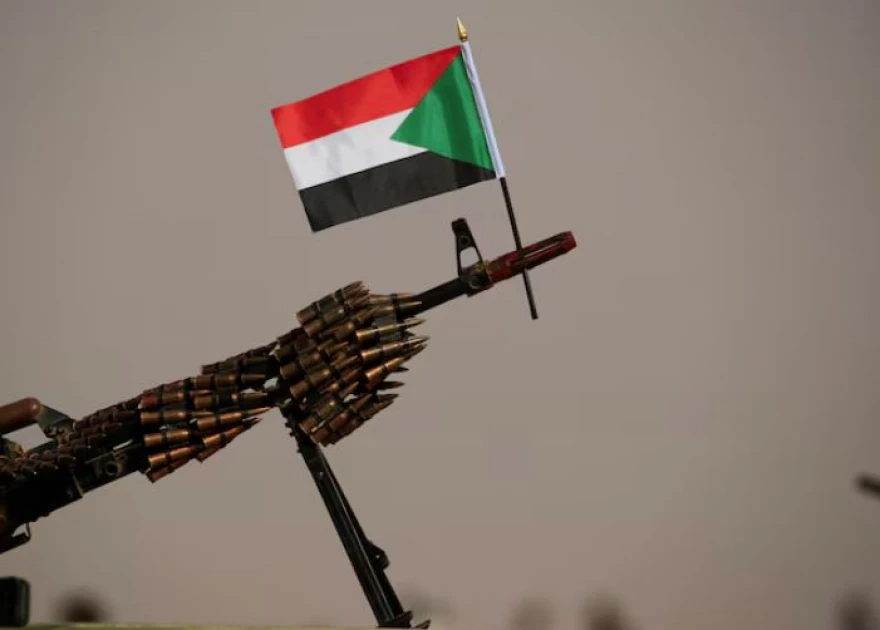Sudan is facing an unprecedented crisis as two rival factions the national army and the paramilitary Rapid Support Forces (RSF) continue to battle for control, raising the specter of a de facto division of the country. Political analysts warn that Sudan could fracture further, echoing the 2011 secession of South Sudan, as the RSF pushes forward with plans to establish a parallel government.
After over two years of brutal conflict, marked by ethnic violence, famine, and the displacement of millions, the RSF last week announced the formation of a “presidential council” under its leader Mohamed Hamdan Dagalo, also known as Hemedti. This parallel administration includes regional governors, a cabinet, and a prime minister, signalling the RSF’s intention to govern significant swathes of territory under its control.
The RSF, which once collaborated with the army to oust Sudan’s civilian government in 2021, turned against its military partner in April 2023 after disputes over integrating RSF fighters into the national army. Since then, Sudan has been plunged into war. The RSF now controls most of the Darfur region, parts of Kordofan, and strategic border areas with Libya and Egypt. Meanwhile, the army maintains control over Sudan’s eastern and northern states, including the Red Sea port of Port Sudan.
In response, the army has installed a rival civilian-led “Hope Government” under Prime Minister Kamil Idris. However, internal rifts among army allies and the return of figures linked to former dictator Omar al-Bashir’s Islamist regime have slowed progress.
Internationally, only the army’s government is recognized, but global hesitance persists due to its coup history and Islamist affiliations. The RSF, while gaining local ground, remains diplomatically isolated and faces growing lawlessness in its strongholds, particularly in Nyala.
With both sides struggling to consolidate control and lacking cohesive civilian backing, Sudan risks devolving into a Libya-style stalemate or even disintegration. The fractured governance, increasing militia activity, and lack of international cooperation threaten to deepen Sudan’s humanitarian crisis and prolong its descent into chaos.

